- It welcomes into eucharistic communion the Hierarchy, clergy and laity under Archbishop Stefan of this Church, thereby healing the wound of schism and pouring “oil and wine” on the ordeal of our Orthodox brethren in that country. To this end, the appropriate Patriarchal and Synodal Act is issued.
- It cedes to the Most Holy Church of Serbia the regulation of the administrative matters between itself and the Church in North Macedonia, in the context of course of the sacred canonical order and church tradition.
- It recognizes “Ohrid” as the name of this Church (understood as the region of its jurisdiction solely within the boundaries of the territory of the state of North Macedonia), as also promised in writing to the Ecumenical Patriarchate by its Primate. Thereby excluding the term “Macedonian” and any other derivative of the word “Macedonia.”
At the Patriarchate, on May 9, 2022
From the Chief Secretariat
of the Holy and Sacred Synod
_____
Source: Ecumenical Patriarchate

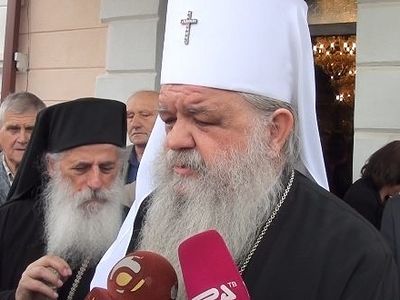
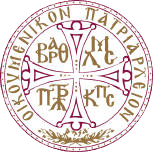
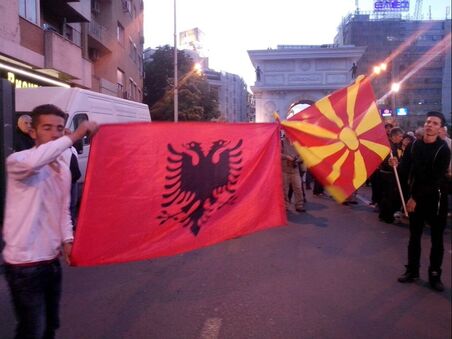
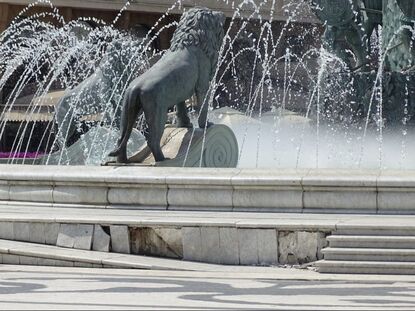
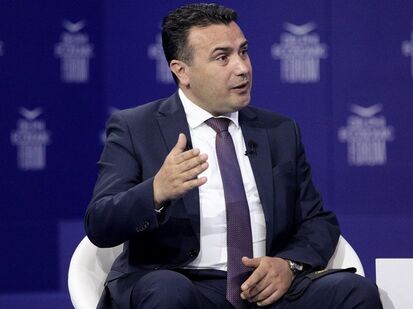
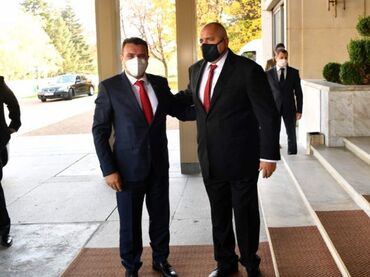
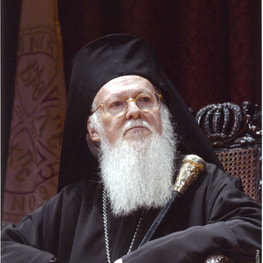
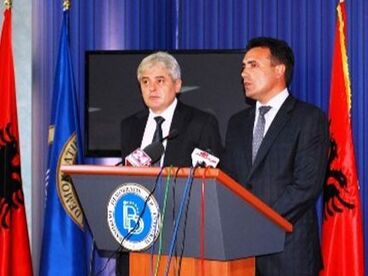
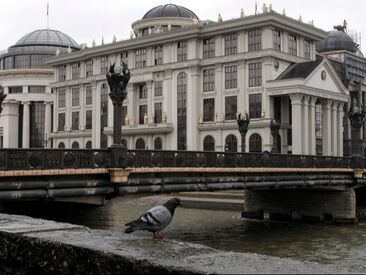
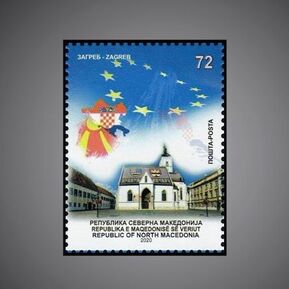
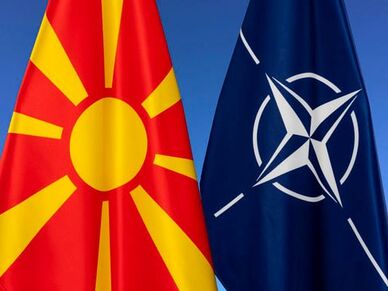
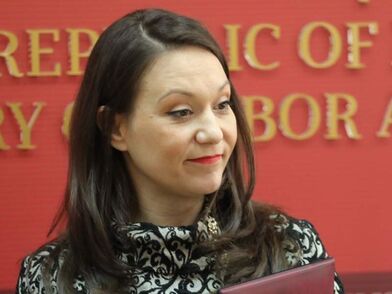
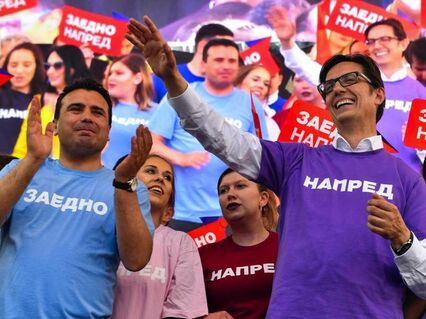
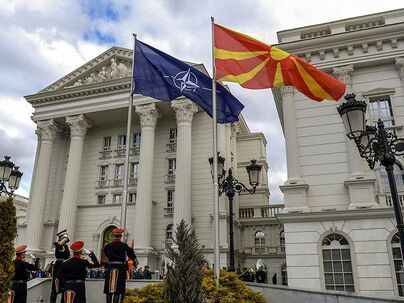
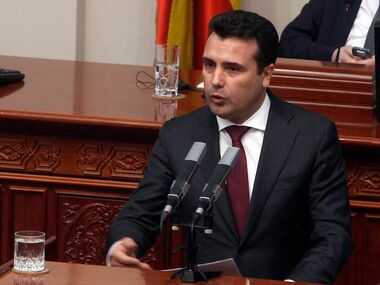
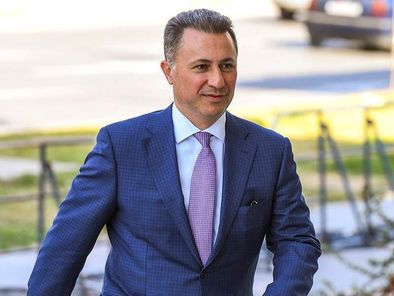
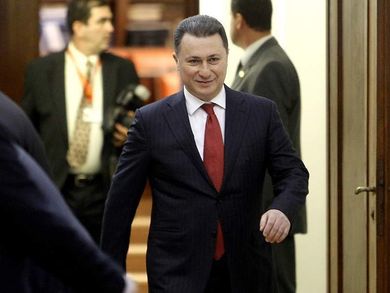
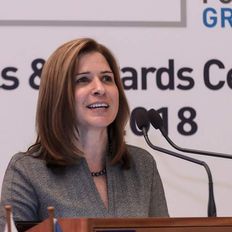
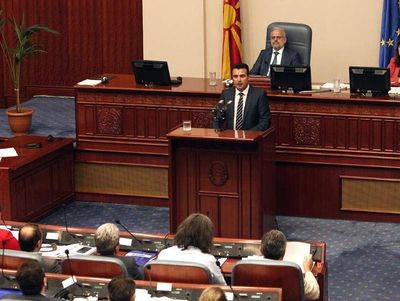
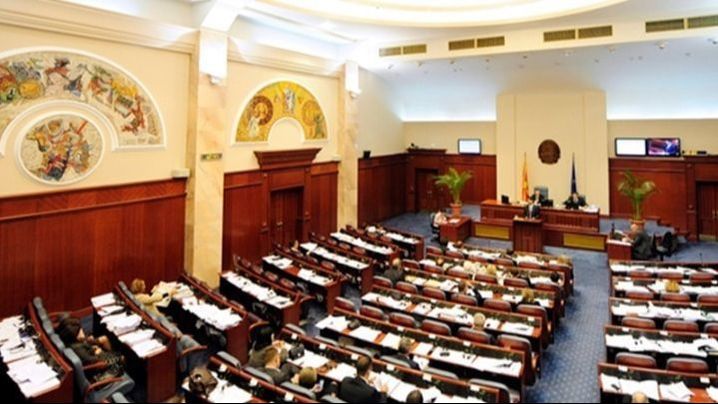
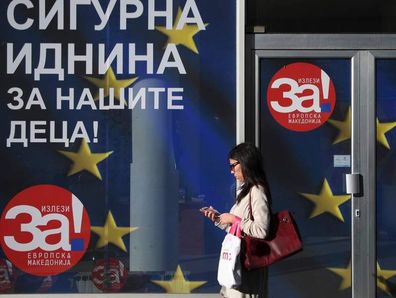
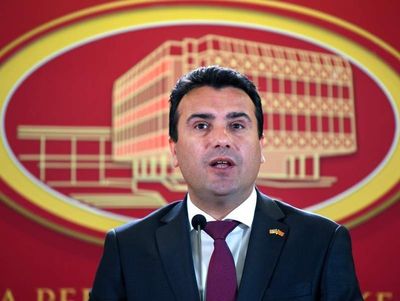
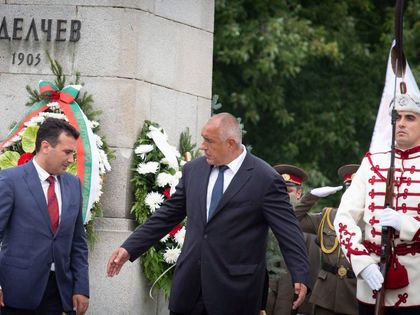
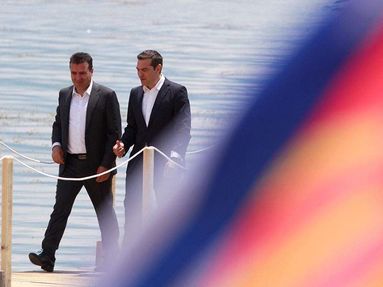
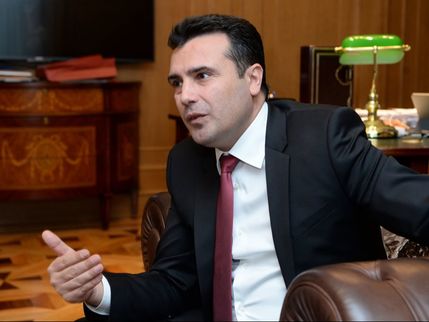
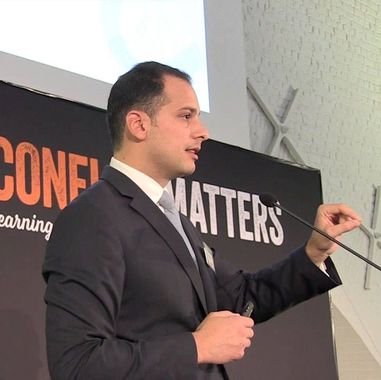
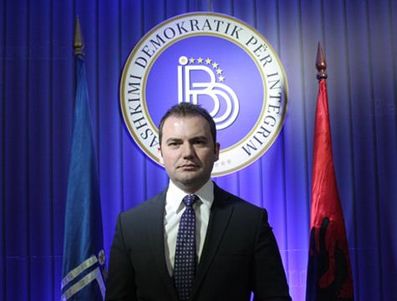



 RSS Feed
RSS Feed